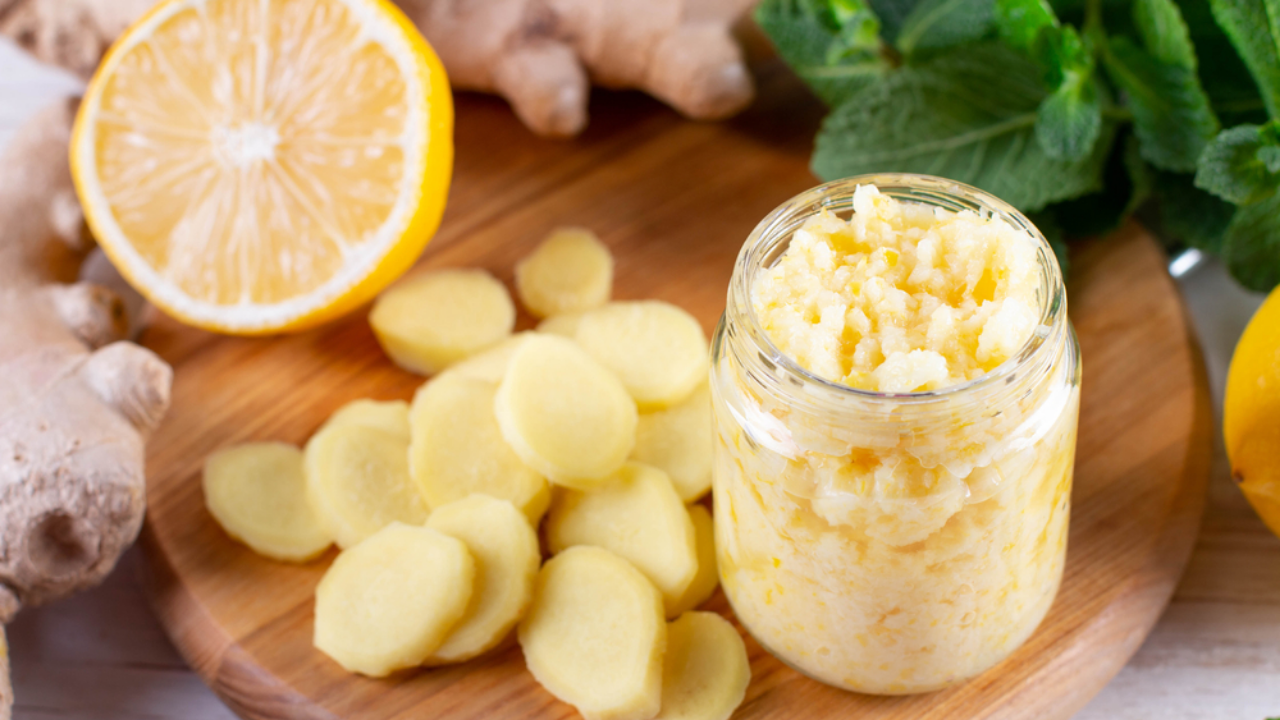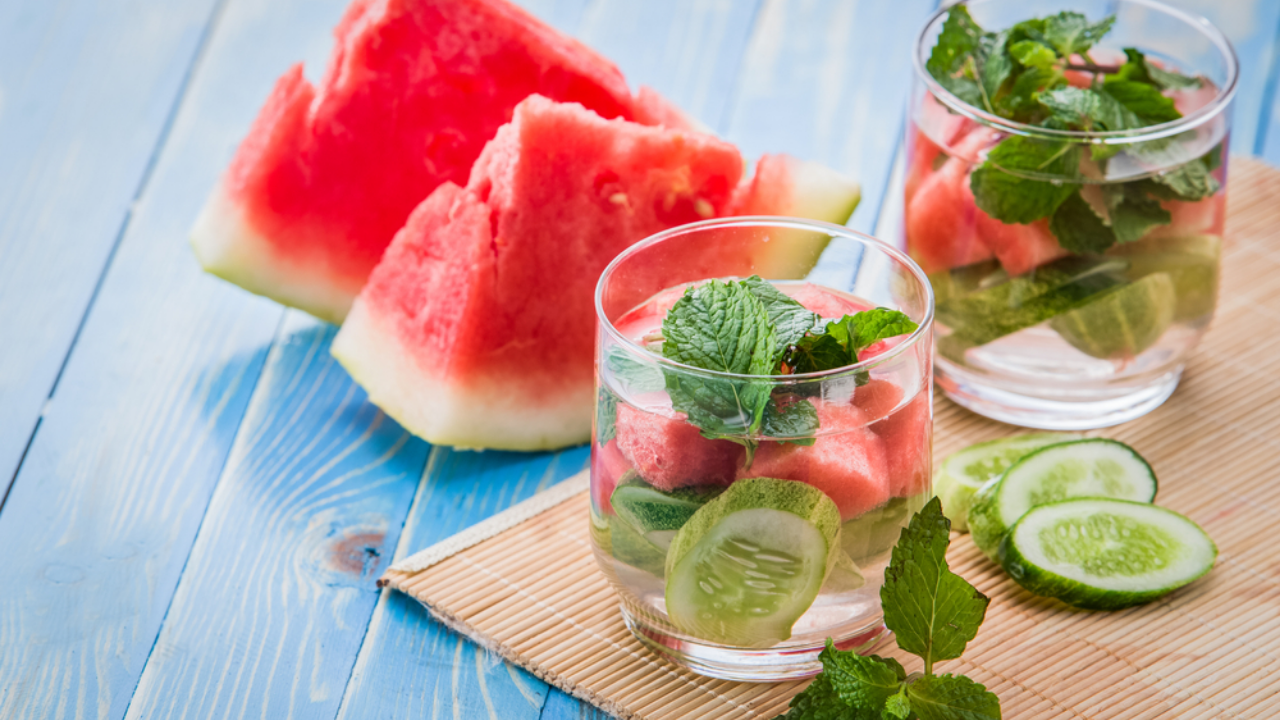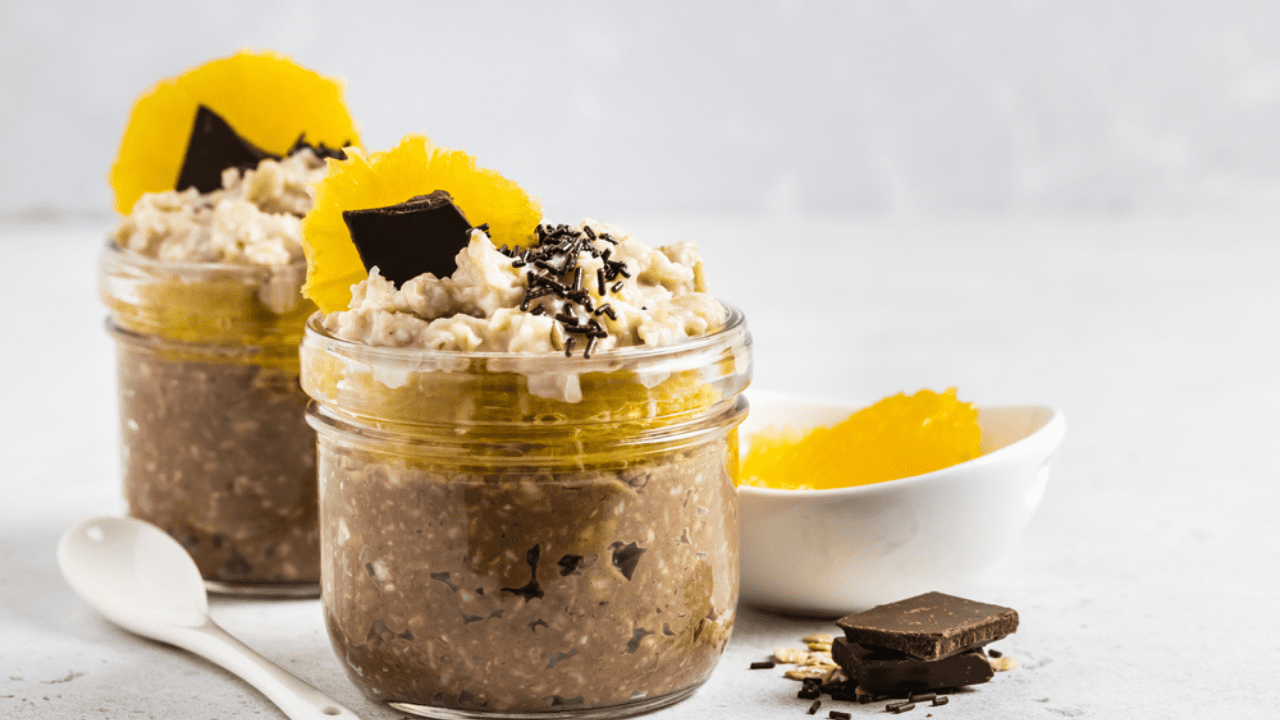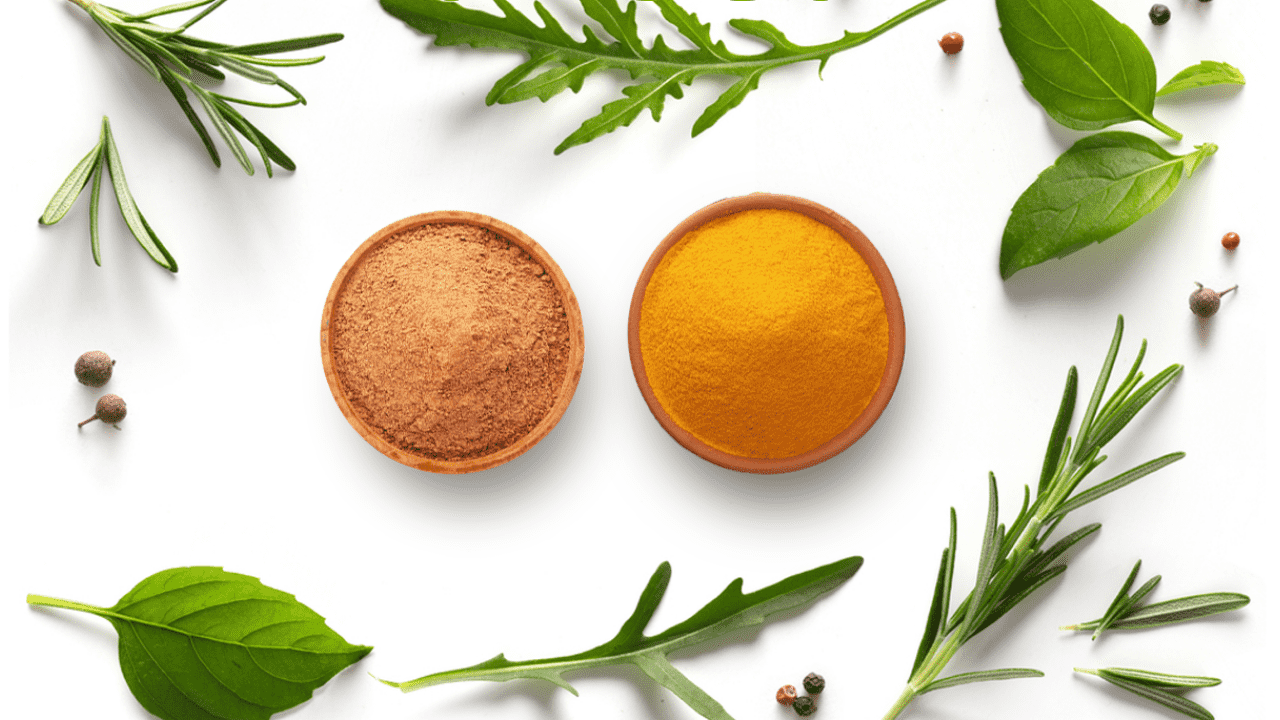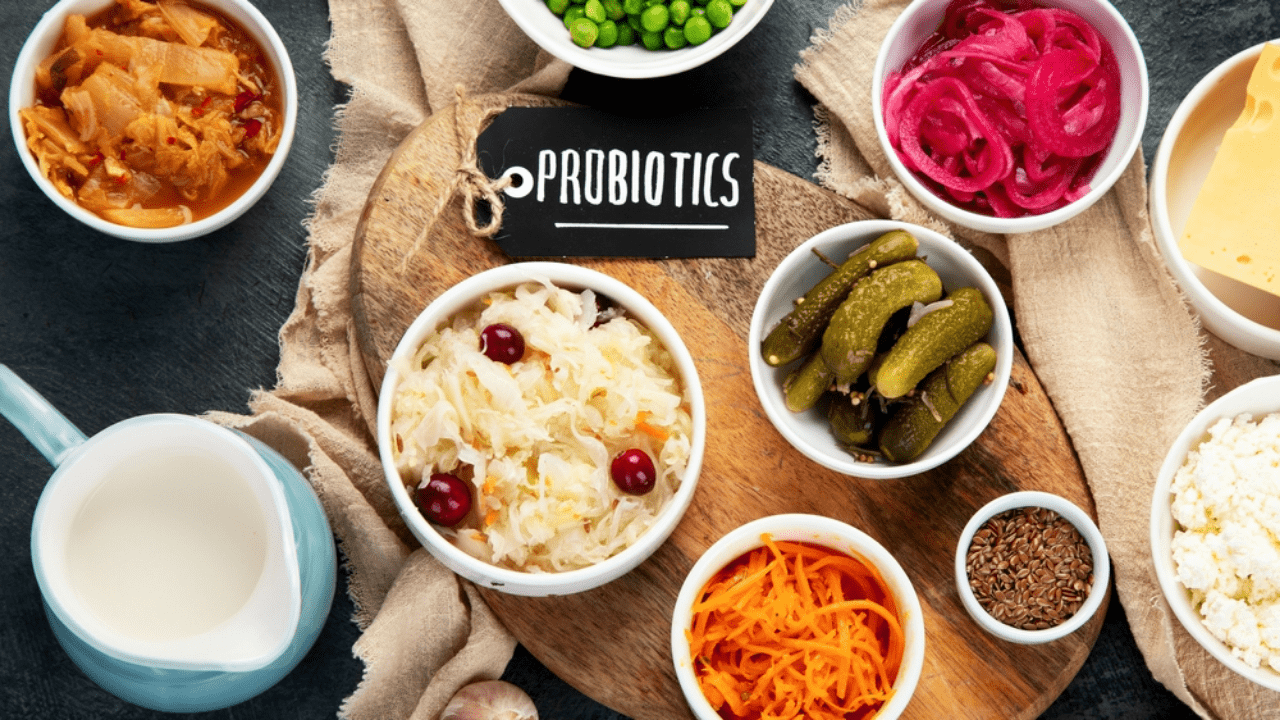
What are Probiotics ?
The concept behind probiotics [meaning- For life] was introduced in the early 20th century, when Nobel laureate Elie Metchnikoff, known as the 'father of probiotics' proposed that consuming beneficial microorganisms could improve people's health.
Probiotics are live bacteria that are good for our health, especially our digestive system. We usually think of bacteria as something that causes diseases. But our body is full of bacteria, both good & bad. Probiotics are often called "good" or "helpful" bacteria because they help keep our gut healthy.
TYPES OF PROBIOTICS:
Many types of bacteria are classified as probiotics. They all have different benefits, but most come from two groups.
Lactobacillus: Easily attainable from food sources like yoghurt & other fermented items, lactobacillus is a very commonly found probiotic. Diverse strains of lactobacillus help in diarrhea & also proves useful to people who face difficulty in digesting lactose, the sugar in milk.
Bifidobacterium: It is found in dairy products. It may help ease the symptoms of irritable bowel syndrome (IBS) & some other conditions.
What Do They Do?
- These good gut bacteria is also responsible for:
- Probiotics help in keeping the immune system strong, maintaining healthy digestion & flawless skin.
- Forcing bad bacteria, yeast & fungi
- Creating enzymes that destroy harmful bacteria
- Stimulating secretion of IgA & regulatory T Cells
Different types of probiotic foods:
Cultured Vegetables (Sauerkraut & Kimchi) :- Sauerkraut is prepared by fermenting shredded cabbage in brine. It contains lactobacilli plantarum, which boosts the immune system. It also reduces the growth of 'bad' yeast in the body. It is one of the richest non-dairy sources of probiotic. It can be served as side dish or may be added to salads as well.
Kimchi is a Korean side dish. It is an Asian form of sauerkraut where Kimchi is fermented along with pickled cabbage that can be very spicy & sour. It is also a rich source of beta-carotene, calcium, iron & Vitamins A, C, B1 & B2.
Natto :- A popular dish in Japan consisting of fermented soybeans. Natto contains the extremely powerful probiotic bacillus subtilis, which has been proven to strengthen immune system, support cardiovascular health & enhance digestion of vitamin K2. Also, Natto contains a powerful anti-inflammatory enzyme called nattokinase that has been proven to fight cancer.
Yogurt :- Yogurt is the most popular probiotic food made from cows or sheep. Eating yogurt has been associated with many health benefits, including improved bone health. It is also beneficial for people with high blood pressure.In children, yogurt may help reduce the diarrhea caused by antibiotics. It can even help relieve the symptoms of irritable bowel syndrome.
Raw Cheese :- Goat's milk, sheep's milk & cows soft cheeses are particularly high in probiotics, including thermophilous, bifudus, bulgaricus & acidophilus.
South indian dishes like Idlis/ dosa - Amongst Indian foods, the South-Indian cuisine is also a rich source of probiotic. Idly, dosa & other such food items are prepared by fermenting rice & lentils. This makes it high in live cultures of the good bacteria.
Dhokla: Dhokla, a popular Gujarati dish too is made by fermenting gram flour. The fermentation process renders the live culture the perfect environment for growth. Another form of dhokla is also prepared by fermenting rice flour.
Different types of probiotic drinks:
Kefir :- Kefir is made by combining kefir grain & milk which has acidic & tart flavor. Kefir is higher in probiotics than yoghurt. According to research published in the American journal of dietetics, kefir has been proven to help ease lactose intolerance in some adults.
Coconut Kefir :- It is made by fermentation of coconut milk with kefir .Coconut kefir has comparatively lesser amount of probiotic.
Yakult- Yakult is a probiotic health drink, which contains more than 6.5 billion beneficial bacteria [Lactobacillus casei ]The bacteria in Yakult are resistant to gastric juices & bile & reach the intestine alive to impart proven health benefits.
Kvass :- This fermented drink is made by fermenting fruits & beets. The probiotic bacteria used is Lacto bacilli. It has a mild sour flavour & has helps in cleansing live & blood.
Kombucha :- Kombucha tea is prepared by fermenting sweet black tea with a culture of yeasts & bacteria known as Kombucha mushrooms. This probiotic beverage helps in boosting the immune system of our body. It also provides energy, helps the body to stay fit & healthy. It helps in losing weight too. But care must be taken since this tea may not suit everyone.
Health Benefits of Probiotics:
- Digestive health
Certain strains of probiotics have shown positive results in treating diarrhea & gastroenteritis .Many researches & studies have concluded that the lactobacillus significantly reduce the risk of diarrhea in infants.
- Irritable bowel syndrome
Probiotics have proven to help people with irritable bowel syndrome. Many studies have shown that probiotic reduce the symptoms associated with IBS. The bacteria shown to have positive effect is Bifidobacterium infantis.
- Immunity
The probiotic bacteria helps in stimulating immune response. Study has shown to increase a production of lymphocyte :- immune response marker when people are given fermented dairy drinks.
- Weight loss
Probiotic dairy products also have positive effect on reducing abdominal fat & weight .Yogurt consumption has also proven to help in reduction in body fat. Hence, Incorporating probiotic dairy products like yogurt in diet will help in losing abdominal fat.
Side effects: Probiotics are considered safe overall for healthy people; short-term side effects may include mild gas & bloating.



